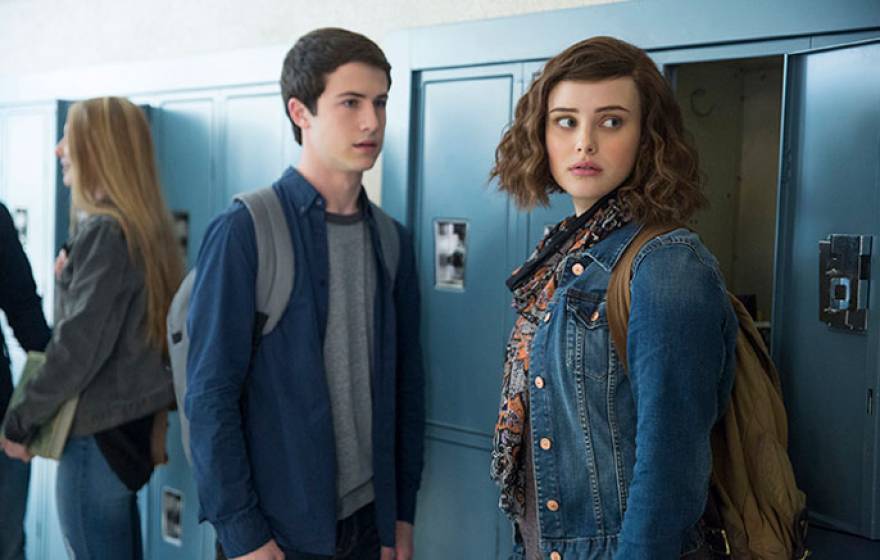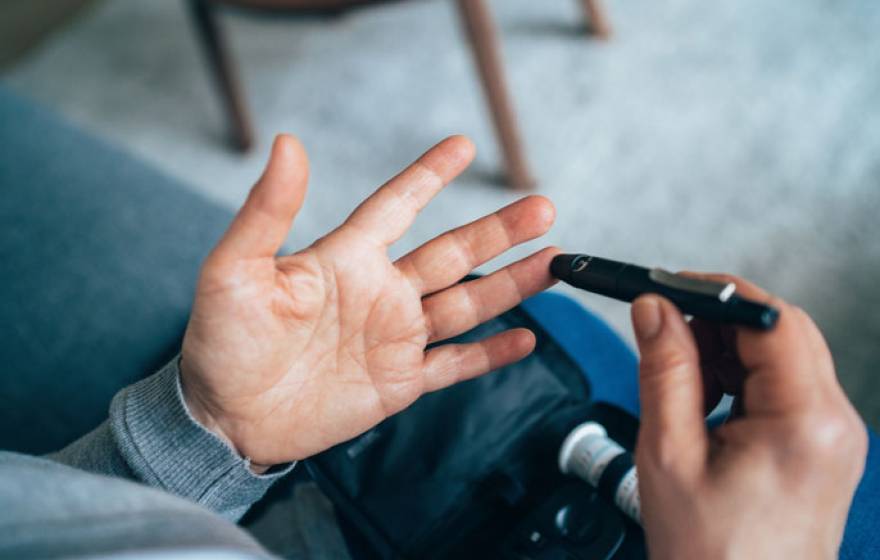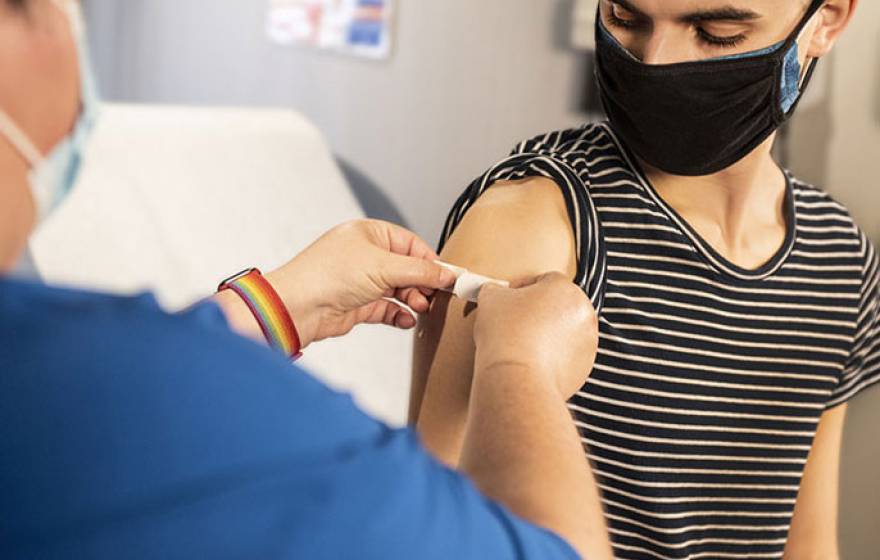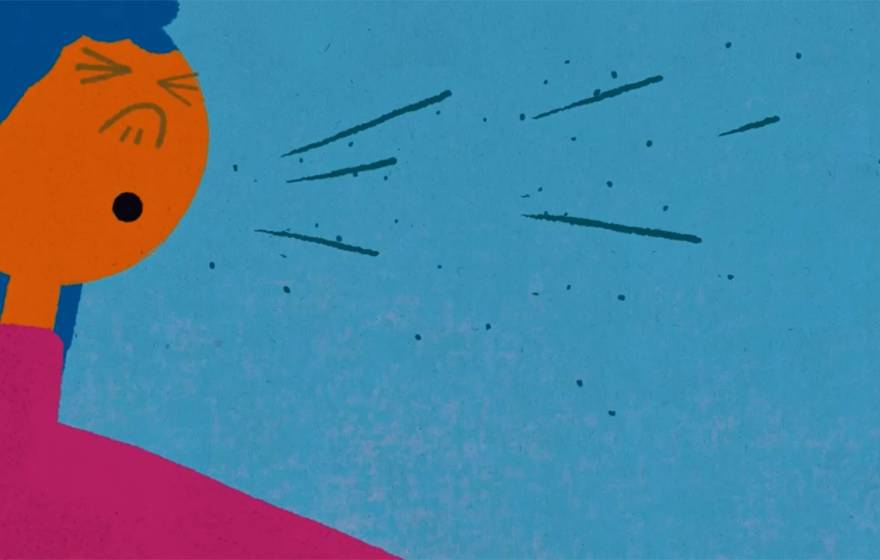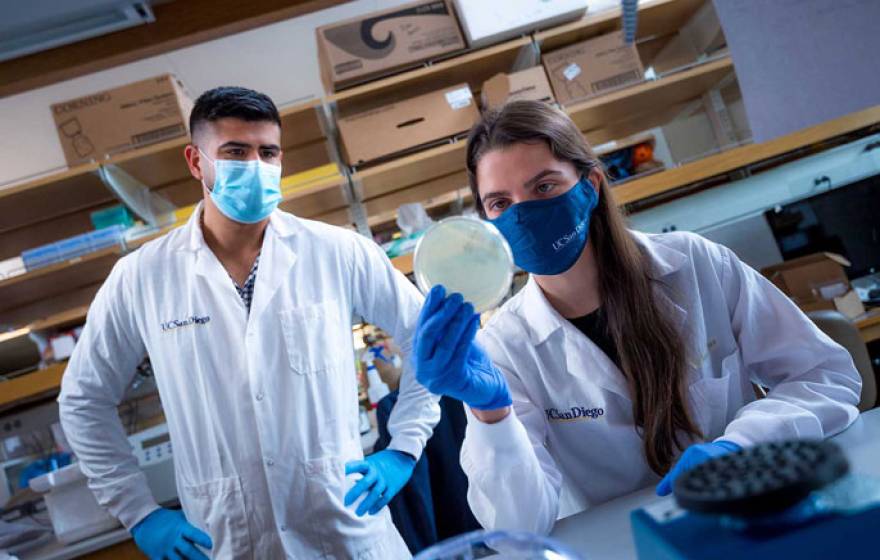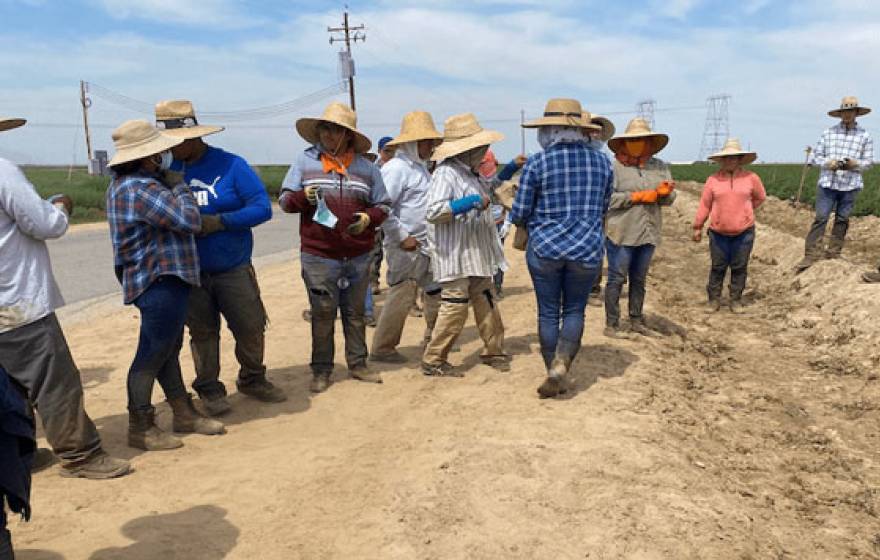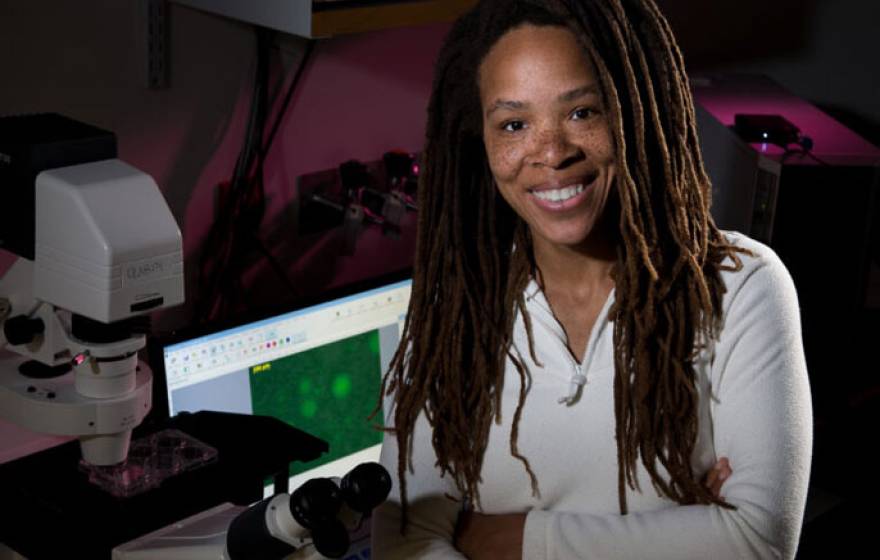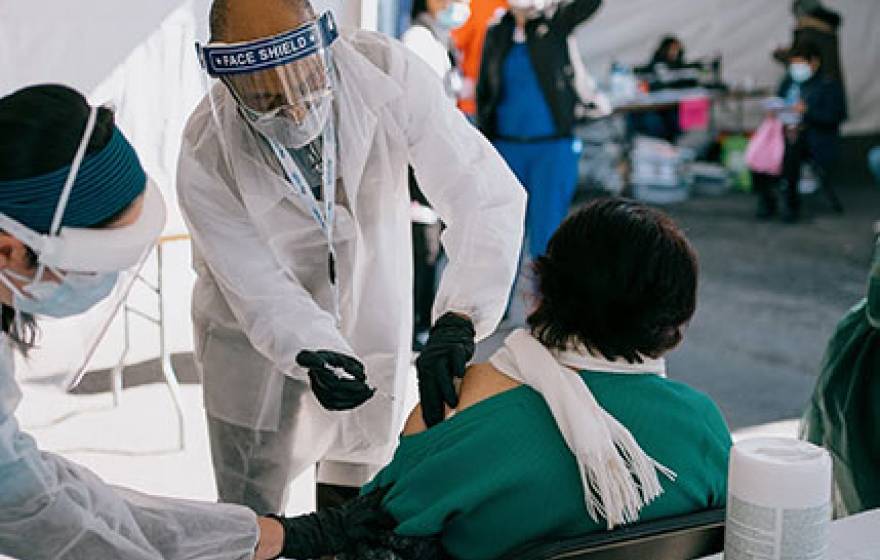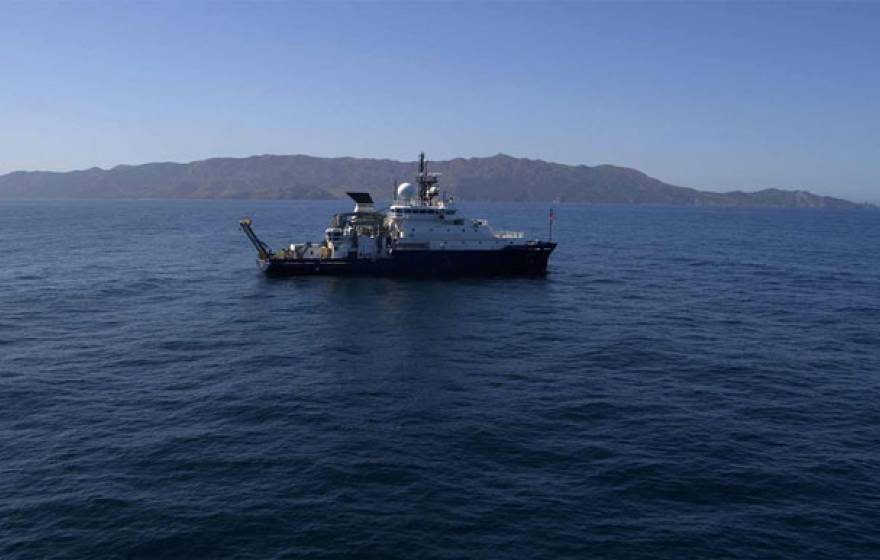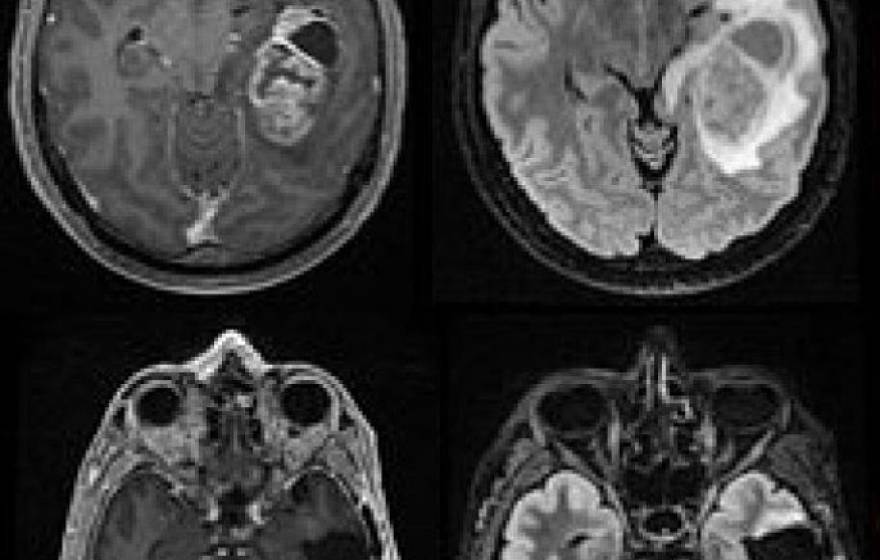Experts provide advice on navigating COVID-19 reopenings and webinars to boost your resiliency.
Can TV shows help with teen mental health?
A UCLA report suggests they can, but only when topics are approached in a credible, supportive way.
A cellular culprit for Type 1 diabetes
Researchers have identified a predictive causal role for specific cell types in the condition, which affects more than 1.6 million Americans.
Should businesses require vaccines? That’s fine, most California voters say
The new Berkeley IGS Poll finds powerful vaccine resistance among GOP voters, however.
The COVID vaccine came out super quickly. Here’s why it’s safe.
COVID vaccines arrived with historic speed, but the science behind it isn't new. Years of research put us in a position to deliver vaccines both fast and safely. Our UC expert explains how we got here.
UC statement on Gov. Newsom’s 2021-22 revised budget
The University of California is deeply grateful to Gov. Newsom for proposing the largest state investment in UC’s history: more than $807 million, which includes more than $506 million in ongoing funding for core campus operations, student needs and medical training. The budget, with the support of legislative leadership, reflects an earlier agreement to fully restore more than $300 million in budget reductions that were enacted in the 2020 state budget.
A push to inoculate against vaccine disparities
Fabian Rivera-Chávez is working to communicate the safety and life-saving importance of COVID-19 vaccination in underserved communities.
Analysis shows the toll of the pandemic on high-risk workers
Warehouse, agriculture and food-chain workers were among those most devastated by the pandemic.
Helping humans heal
Ronke Olabisi is working on a cell regenerative therapy with potential applications in chronic wounds, burns and aging.
Let’s get vaccinated, for our families and communities, says UC President Drake
All of us have a role to play in bringing the pandemic to an end. UC President Michael V. Drake, M.D., explains why the COVID-19 vaccine is the best way we can protect ourselves and the people we love.
Seafloor survey finds thousands of barrels at DDT dumpsite off Los Angeles coast
The survey identified more than 27,000 targets with high confidence to be classified as a barrel, and an excess of 100,000 total debris objects on the seafloor.
Immunotherapy for hard-to-treat cancers ready to move toward clinical trials
Researchers have demonstrated how to engineer smart immune cells that are effective against solid tumors.

